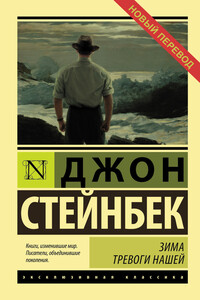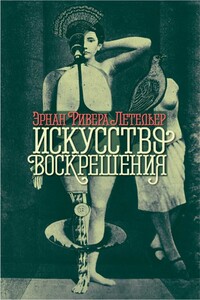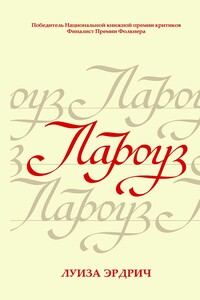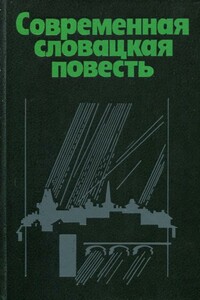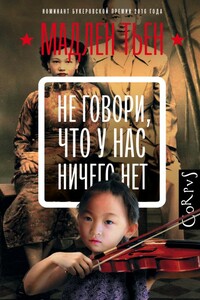Once there was a war | страница 39
The girls like this work and are proud of it. It is difficult to see how the housemaids will be able to go back to dusting furniture under querulous mistresses, how the farm girls will be able to go back to the tiny farms of Scotland and the Midlands. This is the great exciting time of their lives. They are very important, these girls. The defense of the country in their area is in their hands.
The manager of the local theater has set aside two rows of seats this evening for members of the battery who are off duty. The girls who are to go change from their trousers to neat khaki skirts and blouses. They spend a good deal of time making themselves pretty. They sit in the theater, leaning forward with excitement. The film is a little stinker called War Correspondent, made six thousand miles from any conflict, where people are not likely ever to see any.
It concerns an American war correspondent who through pure handsomeness, cleverness, bravery, and hokum defeats every resource of the Third Reich. The Gestapo and the German Army are putty in his hands. It is a veritable Flynn of a picture.
And these girls who have been bombed and strafed, who have shot enemies out of the sky and then gone back to mending socks—are these girls scornful? Not in the least. They sit on the edges of their seats. When the stupid Gestapo men creep up to the hero they shriek to warn him. This is more real to them than this afternoon, when they fired on a Focke Wulf 190. The hero who emerges from a one-man Dunkerque, with combed hair and immaculate dress, is the true, the good, the beautiful.
This afternoon the girls were sweaty, dusty, and they smelled of cordite. That was their job—this is war. And when the film is done they walk back to their barracks, talking excitedly of the glories of Hollywood warfare. They go back to their routine job of defending the coast of England from attack, and as they walk home they sing, “You’d be sooo naice to come ’ome to, You’d be so naice by a fire.”
ALCOHOLIC GOAT
LONDON, July 9, 1943—His name is Wing Commander William Goat, DSO, and he is old and honored, and, some say, in iniquity. But when he joined the RAF wing two years ago he was just able to totter about on long and knobby legs. For a long time he was treated like any other recruit—kicked about, ignored, and at times cursed. But gradually his abilities began to be apparent. He is very good luck to have about. When he is near, his wing has good fortune and good hunting. Gradually his horns, along with his talents, developed, until now his rank and his decorations are painted on his horns in brilliant colors and he carries himself with a shambling strut.


